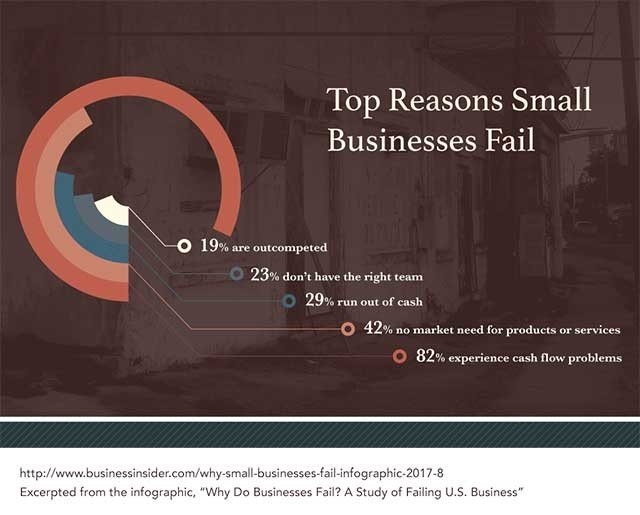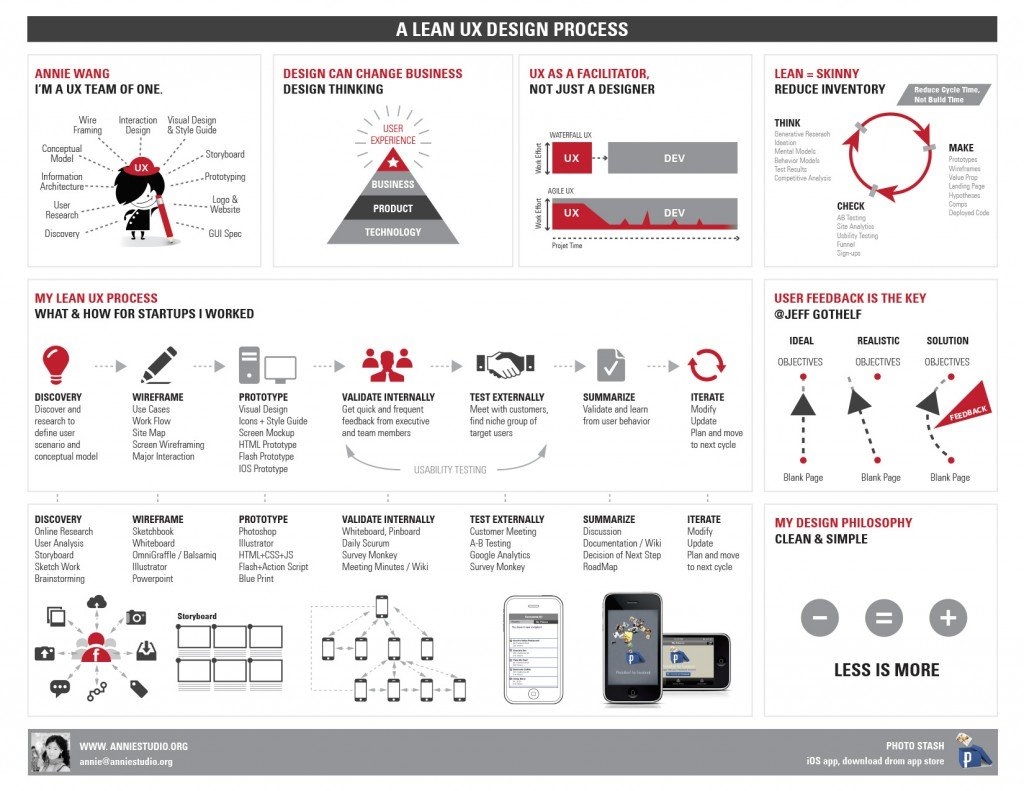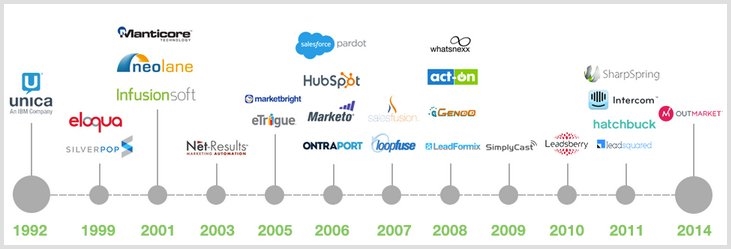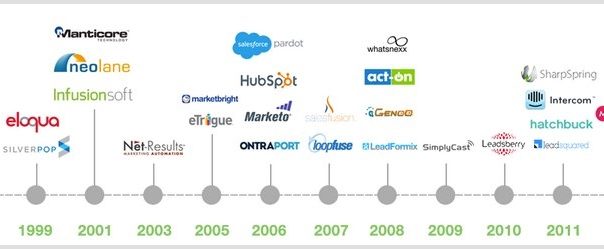
Image courtesy of SCORE
Maybe you always thought about starting a new business or maybe it’s become a necessity after the pandemic took your job, maybe even your career, away. You probably realized that starting a new business wasn’t going to be easy but you think you can use all the expertise and skills you gained in your prior jobs to help get you started. And that’s probably true. However, there may be other aspects of starting a new business that were not part of your skillset before and maybe even things you never considered you’d need to make your new business a success. Above, you see the top reasons new businesses fail.
In this article, we examine some aspects of launching a small business that should never be overlooked. While feeling passionate about your business idea is vital, it Likely isn’t enough. It is hard to succeed if you don’t pay attention to all of the elements necessary to run a successful business. Here are some things you should never overlook when trying to get your fledgling business off the ground.
Key elements for starting a new business
Marketing
Having a business idea that seems destined for success is fantastic, but all ventures need marketing to help them succeed. Without effective marketing, you don’t generate any revenue. revenue is the ultimate metric of success since you can’t keep borrowing money forever.
The first step for your marketing is to build a marketing plan which means that you have to understand your target market your competition and the environment in which you operate. The better your research in building your marketing plan. the more successful you will be. Also, the more detailed your marketing plan the more likely you are to succeed.
Once you have a marketing plan the next step is to build the implementation of that plan, called action plans. Action plans involve detailed plans for each of the tactics you plan to employ as part of your marketing effort including things such as the budget who’s going to perform each action and a timeline for completing each element of the action plan. You’ll also find more success if you set goals and develop metrics to assess your performance. Thus, your performance grows over time, as you use information from prior activities to get better at implementing those activities.
Website
One element of marketing is no longer an element that’s nice to have but a necessity in a world that is increasingly global and increasingly digital. Getting your website set up before your business officially launches is the best way to hit the ground running.
Your website plays a central part in helping your target market discover your business, its products, and its mission. If your business caters to a local market, be sure to set up A Google my business account and verify that account with a local address to ensure that local customers find you more easily, as you can see in the image below.

In addition, SEO is critical for helping your business get found online. And, a major element of SEO is creating valuable content on a consistent basis. Use keywords that reflect both your products and words expressing user intent when they want to find those products to help them discover your business.
It is a great idea to have your website professionally designed so that it looks great and performs well in terms of user experience (UX), as highlighted below. A well-coded website that’s mobile-friendly also helps your SEO.
 Image courtesy of Annie Studio
Image courtesy of Annie Studio
Social Media
Social media provides companies with a fantastic opportunity to engage directly with their customers and potential customers. Setting up your social media accounts started early is an excellent way to ensure that you begin building relationships with potential customers from the very start of your venture. Posting interesting content on social media platforms is a perfect way to raise awareness of your products and direct customers to your website to find out more. More importantly, social media is a great way to let your business’s personality show through. Don’t be afraid to be yourself on social media.
Social media is also a great tool for listening to your target audience. Listen to their attitudes about you and your competitors. Also, listen for unmet needs from your customers to give you ideas for future products to solve these problems. Listening gives you a leg up when starting a new business or developing new products for an existing one.

Although running social media accounts for your business is time-consuming, your efforts are likely to pay off pretty quickly. Marketing automation tools such as HubSpot and Salesforce come in handy by letting you schedule social media posts as a batch rather than having to stop work to create a post when it’s time to post something on a social platform. Above, you see the evolution of marketing automation tools.
Insurance And other organizational elements
Making time to set up your business insurance when you are busy trying to launch your company may not bubble to the top of your to-do list. But, a single unexpected event can cripple your business or even force you to shut down in the early days. Hence, insurance is a critical investment for your fledgling company. Hopefully, you won’t need to make a claim, but not taking out an insurance policy is a significant risk. Getting your business insured and arranging the policy is not as time-consuming as you may think. Comparing different insurance quotes helps you to find the best option for a tailored business insurance policy that is designed to fit the needs of your business. Once your insurance policy is in place, you have peace of mind knowing that your business is protected from unexpected events.
By the same token, you want to protect your personal assets. Forming a corporation is the best way to protect your personal assets. There are lots of types of corporations, so it helps to hire an attorney for advice on which type of corporation is best for you. Similarly, if you have a partner, a good partnership agreement ensures the continuation of the venture in the eventuality that one partner leaves or dies. A partnership agreement also reduces conflict as you run your small business.
From a legal standpoint, different states and countries have different regulations when it comes to forming a business. Some require special tax numbers for organizations and most require certain licenses for all small businesses. Certain small businesses also require professional licenses in order to operate. Be sure to check on the regulations in the area where you plan to start your small business.
Business & Finance Articles on Business 2 Community
(52)








